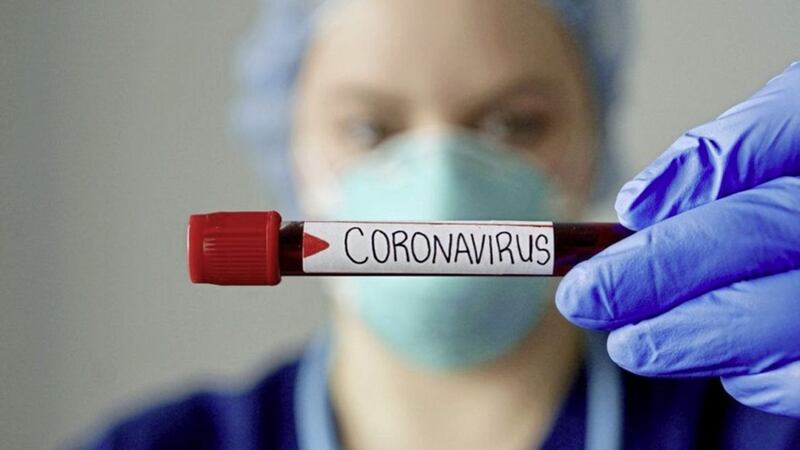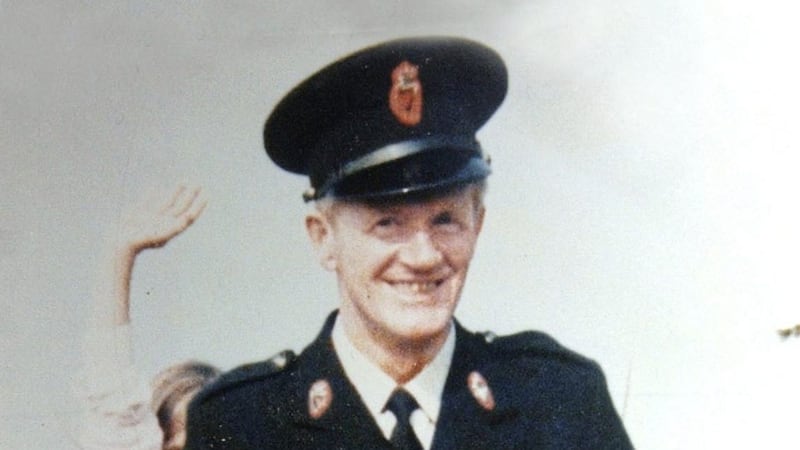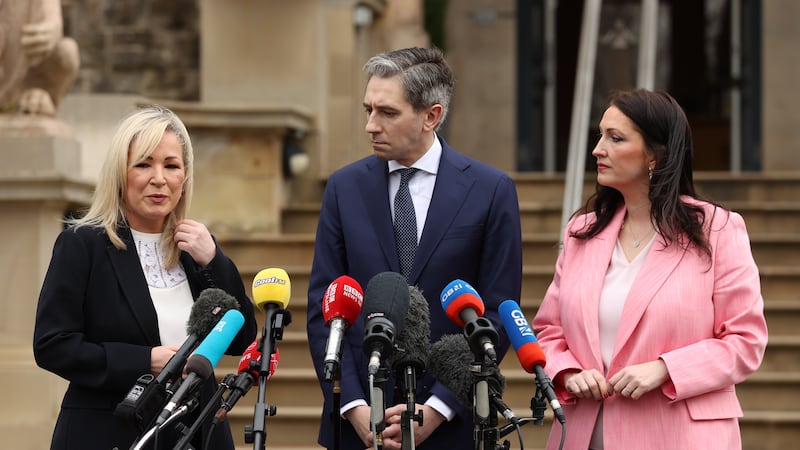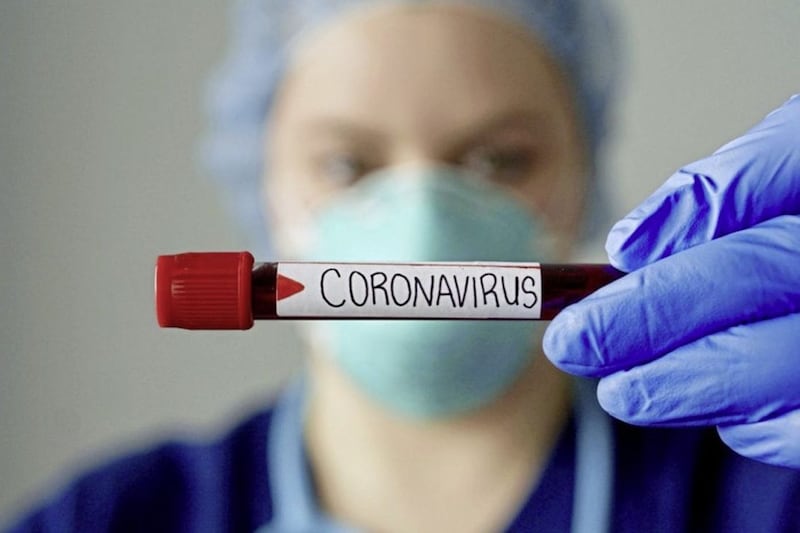The coronavirus death toll in the Republic of Ireland has risen to 530, with 44 further deaths reported on Friday, the National Public Health Emergency Team reported.
There were 709 new cases of Covid-19 confirmed on Friday, bringing the total since the outbreak began to 13,980.
In Northern Ireland a further 18 people died after contracting coronavirus, new figures from the Public Health Agency show.
The total number of deaths recorded by the PHA in the north now stands at 176 meaning there have been 706 deaths across the island of Ireland related to coronavirus.
In the Republic, a Covid-19 contact tracing app is still being tested but may become available when restrictions are due to be lifted next month, the HSE said.
Plans for the app were announced by the HSE on March 29 but it has yet to materialise.
At a briefing on Friday the HSE’s head of communications, Paul Connors, said “The app is currently being tested and it is my understanding that towards the end of the month, it is going to finish testing.”
When asked if the app will become available when the restrictions are due to be lifted on May 5, he said: “That’s the principal focus of it so not in this situation – so it is pretty much when restrictions ease and people move around a bit more.”
“It is still being tested and we are working through some of the privacy and data issues.”
HSE chief operations officer Anne O’Connor said everyone will be tested in a nursing home where there is a confirmed case of Covid-19.
New modelling revealed on Thursday night suggests Covid-19 has reached a plateau in Ireland and current restrictions are “successfully suppressing the disease”.
However, figures show more than half of all Covid-19-related deaths have occurred in nursing homes, with more than 150 clusters in those settings.
Ms O’Connor said there are 335 outbreaks of Covid-19 in long term residential care homes – 186 outbreaks were in private centres, and 112 were at HSE providers.
She said 196 (or 59%) of outbreaks of Covid-19 are in nursing homes.
“In a nursing home where there are confirmed cases, we will test everyone and that is something that was a clear requirement in terms of our capacity to track this and provide the most accurate data in terms of this epidemic.”
“We have the National Ambulance Service deployed to do mobile testing in nursing homes on the basis of a suspicious case and that is continuing but we are now scaling up to be able to test all residents and staff in nursing homes where there are confirmed outbreaks.
“We know that people in nursing homes already do swabbing during flu season so we are going to be working with nursing homes so they can do more of their own swabbing.
“Now that our laboratory capacity has increased, we are able to do more testing and to have those tests turned around more efficiently.”
Testing will begin on people living in nursing homes and residential settings who are not showing symptoms of Covid-19, the Health Minister has said.
Simon Harris told RTE radio that the National Public Health Emergency Team (NPHET) will meet on Friday to discuss measures being taken to tackle the spread in nursing homes and to review the State’s response to the emergency.
“We are making very good progress as a country but we need to redouble our efforts in relation to residential settings and sadly we know this vicious, dangerous virus is having a particularly devastating impact on older people with underlying health conditions.
“Today we are going to see a number of more measures taken, particularly an increase in extra testing in our residential settings.”
Mr Harris said older people sometimes do not show obvious symptoms such as a cough.
“We need to start testing asymptomatic people and the HSE today will start using the ambulance service to carry out more tests.”
Mr Harris said, while the Irish people have done great work to flatten the curve, the lifting of restrictions after May 5 will only be done slowly and gradually.
“For every person infected in Ireland, they are now infecting less than one new person.
“That is incredible progress.
“When we started this journey, that figure was at 4.7 and every infected person was infecting five more people and then another five people.
“If we had not have introduced the measures we would have seen 800 people in ICU last night, 2,200 by next week and 1,700 people die in our country so we are saving lives.
“The lifting of restrictions is going to be complex, delicate and there is going to be a degree of trial and error.
“We will be grounded in everything we do by public health advice.
“It is clear from the model that if you just lift the restrictions, this curve will shoot right back up and we are not going to do that and erase the progress that people have made.
“We would like to put in place a gradual easing of some of the restrictions but I have to be blunt and honest with people, that does not mean going back to life as we knew it in the short term.
“It will involve social distancing and keeping some of the public health measures in place for a period of time.”
On Thursday, chairman of the NPHET Epidemiological Modelling Advisory Group, Professor Philip Nolan, said we are “successfully suppressing” the spread of Covid-19 in Ireland.
“We now estimate our R0 (reproductive rate) to be between 0.7 and 1.0, which means current restrictions are successfully suppressing the disease.”



